Privacy-Preserving Detection of Packet Dropping Attacks in Wireless Ad Hoc Networks
Problem Definition
Problem Description:
The increasing complexity and dynamic nature of wireless ad hoc networks have made them vulnerable to various security threats, including packet dropping attacks. Detecting whether packet loss in a network is due to link errors or malicious packet dropping is crucial for maintaining network performance and integrity.
Conventional techniques for detecting packet dropping attacks in wireless ad hoc networks have limitations in achieving accurate results, as they do not consider the impact of channel error rate on packet dropping rate calculations. This leads to inaccuracies and compromises the overall security of the network.
Therefore, there is a need for a more efficient and accurate technique that considers the correlation between lost packets, channel error rate, and malicious packet dropping to successfully detect and address packet dropping attacks in wireless ad hoc networks.
The proposed Privacy-Preserving and Truthful Detection of Packet Dropping Attacks project aims to provide a solution to this pressing issue by introducing a novel Homomorphic Linear Authentication (HLA) architecture and packet-block based mechanism that ensure higher accuracy, privacy preservation, collusion resistance, and low communication and storage overheads.
Proposed Work
The research project titled "Privacy-Preserving and Truthful Detection of Packet Dropping Attacks in Wireless Ad Hoc Networks" aims to address the issue of packet loss in multi-hop wireless ad hoc networks, stemming from both link errors and malicious packet dropping. Existing detection schemes have struggled to accurately differentiate between the two causes, as they often fail to account for the impact of channel error rates on packet dropping rates. In response, this project proposes a novel technique that improves accuracy by considering the correlation between lost packets. The Homomorphic Linear Authentication (HLA) architecture, which relies on public auditing to verify node-provided information, is central to this approach. This architecture offers benefits such as privacy preservation, collusion resistance, and minimal communication and storage overheads.
Additionally, a packet-block based mechanism is proposed to further reduce computation complexity. By focusing on wireless security within the realm of mobile computing, this research project stands to make significant contributions to the field of NS2-based wireless research projects.
Application Area for Industry
The proposed project, "Privacy-Preserving and Truthful Detection of Packet Dropping Attacks in Wireless Ad Hoc Networks," can be implemented in various industrial sectors where wireless ad hoc networks are utilized, such as the telecommunications, transportation, and healthcare industries. These industries often rely on wireless networks for communication, data transfer, and operation of critical systems. However, the security of these networks is a major concern due to the vulnerability of ad hoc networks to packet dropping attacks. By accurately detecting and addressing malicious packet dropping, the proposed solutions in this project can help industries maintain the performance and integrity of their wireless networks.
Specific challenges that industries face, such as ensuring data privacy, preventing network collusion, and minimizing communication and storage overheads, can be effectively mitigated by implementing the Privacy-Preserving and Truthful Detection of Packet Dropping Attacks project.
The use of the Homomorphic Linear Authentication architecture and packet-block based mechanism can offer industries a higher level of security and accuracy in detecting packet dropping attacks. Additionally, the project's focus on mobile computing and wireless security aligns well with the increasing reliance on wireless technologies in various industrial domains, making it a valuable solution for industries looking to enhance the security of their wireless ad hoc networks.
Application Area for Academics
The proposed research project on "Privacy-Preserving and Truthful Detection of Packet Dropping Attacks in Wireless Ad Hoc Networks" offers a valuable opportunity for MTech and PhD students to engage in innovative research on wireless security within the realm of mobile computing. This project addresses the critical issue of accurately detecting packet dropping attacks in wireless ad hoc networks, a problem that conventional techniques have struggled to resolve due to limitations in accounting for channel error rates. By introducing the Homomorphic Linear Authentication (HLA) architecture and a packet-block based mechanism, this project aims to provide a more efficient and accurate solution to differentiate between link errors and malicious packet dropping. MTech and PhD students can utilize the code and literature of this project to pursue dissertation, thesis, or research papers in the field of NS2-based wireless research projects. By integrating cutting-edge technologies and research methodologies, students can explore innovative methods for simulations, data analysis, and network security enhancements in their research work.
The relevance and potential applications of this project in addressing the vulnerabilities of wireless ad hoc networks make it a promising avenue for future research and development in the field of mobile computing and wireless security. As a reference for future scope, researchers can further investigate the scalability and adaptability of the proposed techniques across different network scenarios and explore potential extensions to other security threats in wireless communication systems.
Keywords
wireless ad hoc networks, packet dropping attacks, security threats, network performance, packet loss, link errors, channel error rate, malicious attacks, accuracy, privacy preservation, collusion resistance, communication overheads, storage overheads, detection techniques, wireless security, mobile computing, NS2-based research, detection schemes, multi-hop networks, Homomorphic Linear Authentication (HLA), packet-block mechanism, computation complexity, dynamic networks, privacy-preserving techniques.
| Shipping Cost |
|
No reviews found!













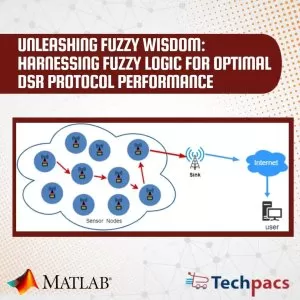

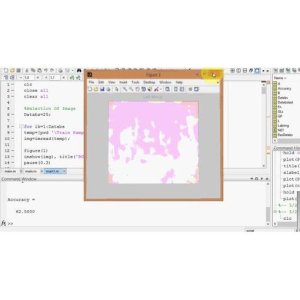


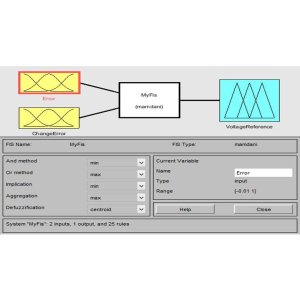
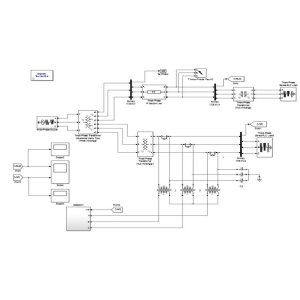
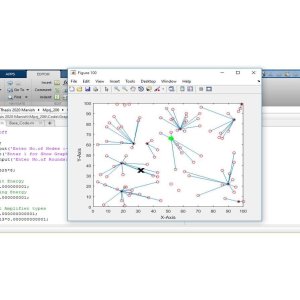
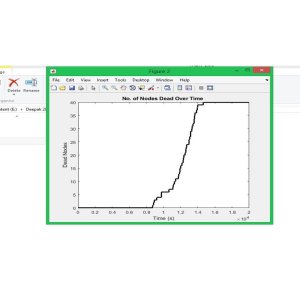































No comments found for this product. Be the first to comment!